What is economics & its importance
Economics is the study of how individuals, businesses, and governments make decisions about allocating limited resources. This field plays a vital role in understanding critical issues like inflation, unemployment, and economic growth. All of which impact daily life. By examining fundamental economic principles, we gain insights into the forces that shape markets, drive prices, and affect employment opportunities. These insights are not only valuable for policymakers but also empower individuals to make informed decisions. Whether they’re planning a budget, investing, or assessing job markets.
Furthermore, economics helps societies address complex challenges by offering tools for evaluating trade-offs and prioritizing needs. For instance, understanding supply and demand can guide efficient resource distribution. While analyzing economic cycles aids in preparing for recessions or expansions. Through this study, we learn not just to manage personal finances more effectively. Also to contribute to societal progress by making choices that promote sustainable growth. In this guide, we cover the foundational aspects of economics, exploring why this field is relevant to everyone’s life and how its principles apply in various contexts.
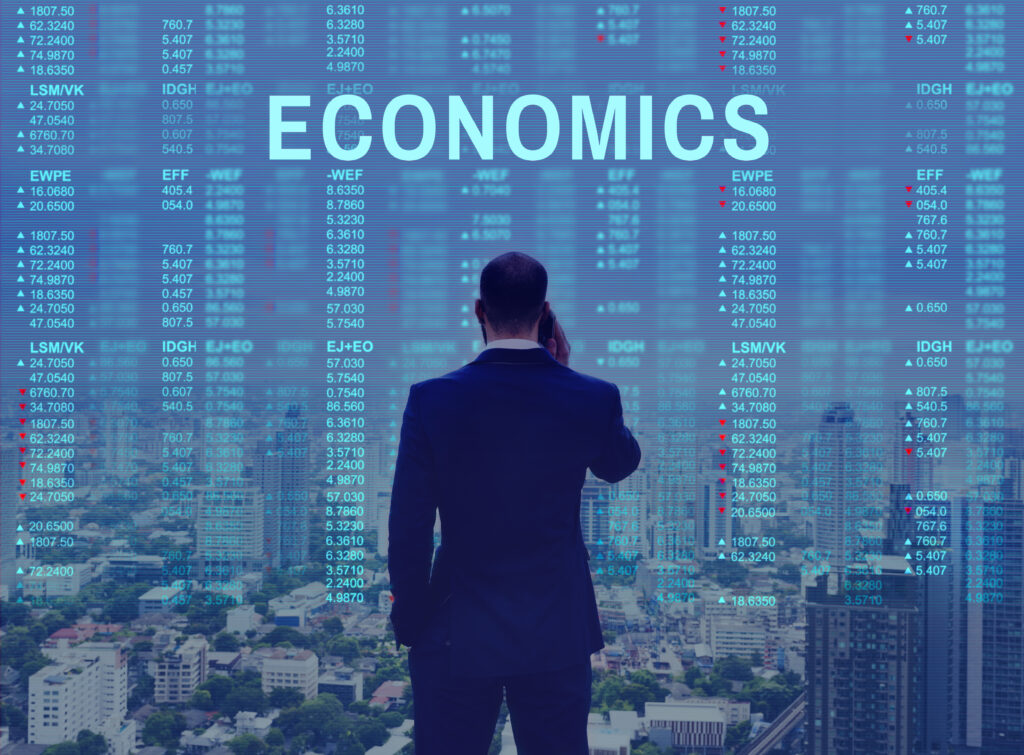
What is economics?
Economics explores the production, distribution, and consumption of goods and services, focusing on how resources are managed and decisions are made to meet people’s needs and desires. It examines the entire lifecycle of products and services—from their creation to how they are delivered to consumers and ultimately used. Economists study these patterns to understand the behavior of individuals, businesses, and governments, and how these decisions influence the broader economy. By analyzing choices and trade-offs, they can assess the outcomes on a micro level, such as household spending or business strategies, as well as on a macro level, like national economic growth or global trade policies.
In doing so, economics helps identify how various factors, such as limited resources or changing market conditions, shape economic activity. For example, decisions about what goods to produce, how to distribute them, and who gets access can affect everything from employment rates to income inequality. Whether studying the impact of personal financial decisions or the economic ramifications of international policies, economics provides the framework to understand and evaluate the effects of different choices. In this way, it connects individual actions to larger economic trends, offering critical insights into both everyday life and global dynamics.
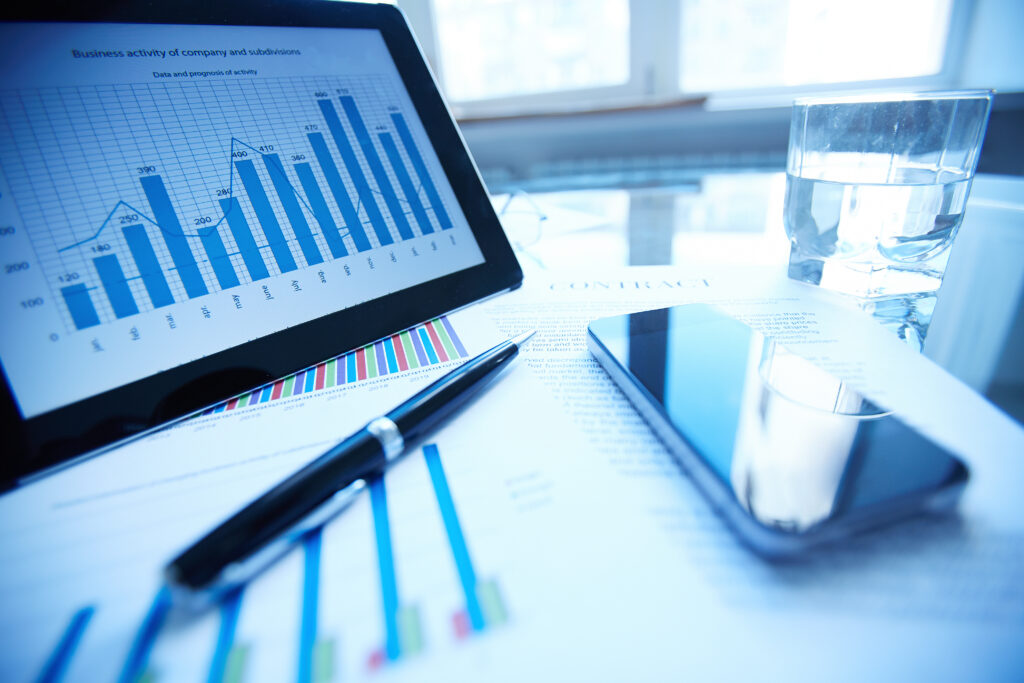
Focus on resource allocation and scarcity
A core aspect of economics is resource allocation, which involves determining how limited resources are distributed to meet the competing demands of society. This process is essential because resources, such as time, money, and raw materials, are finite, making it impossible to fulfill all of society’s wants and needs. The concept of scarcity is foundational in economics, emphasizing that there are not enough resources to satisfy every desire. As a result, scarcity forces individuals, businesses, and governments to make choices and prioritize certain needs over others.
These limitations lead to the necessity of trade-offs, where societies must decide how to best use their resources. The key questions of economics—what to produce, how to produce, and for whom to produce—arise from these trade-offs. For example, should a country allocate more resources to healthcare or education? Should a company focus on producing luxury goods or affordable products? These decisions require careful consideration of costs, benefits, and the potential impact on society.
Ultimately, scarcity and resource allocation are at the heart of economic decision-making. By understanding these principles, individuals and policymakers can better navigate the complex landscape of choices, balancing the needs of different sectors while striving for efficiency and equity.
History of economics
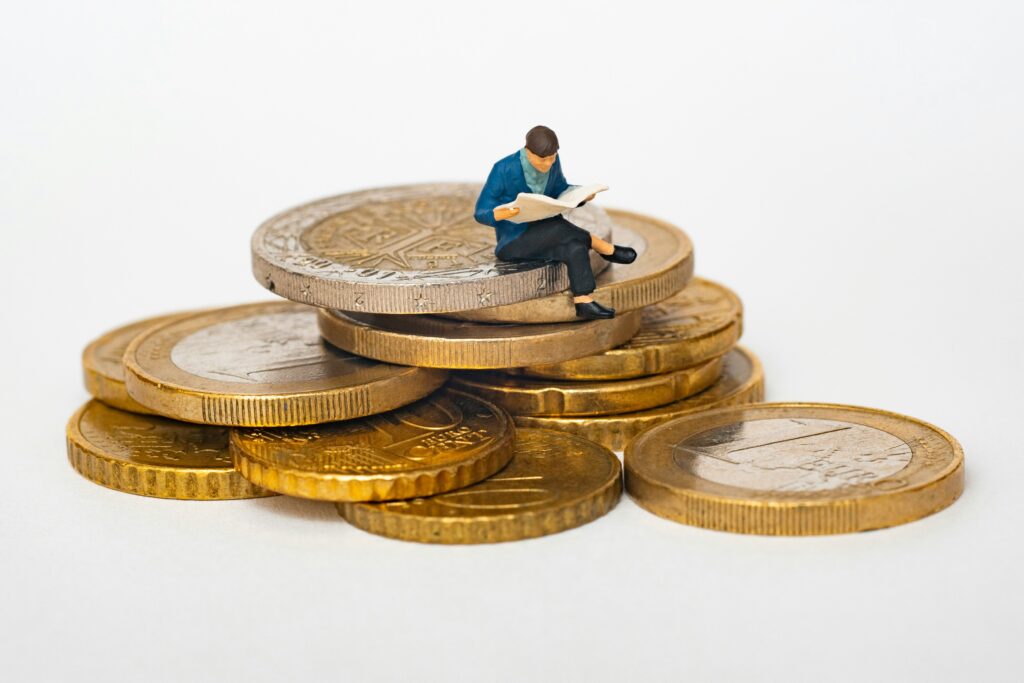
The origins of economics can be traced back to ancient thinkers like Aristotle, who explored concepts related to household management and governance. His discussions on the management of resources and the roles of individuals within society laid an early foundation for understanding economic behavior. During the Middle Ages, philosophers such as Thomas Aquinas built on these ideas by introducing ethical considerations into economic thought, particularly the concept of fair prices and just trade. These early contributions paved the way for the development of modern economic theories.
Key historical figures and contributions
Adam Smith:
Often considered the father of modern economics, Smith‘s landmark work, “The Wealth of Nations” (1776), introduced foundational economic concepts. His ideas on the division of labor and the concept of the “invisible hand” argued that when individuals pursue their own self-interest, they unintentionally promote the public good. This concept became a cornerstone of classical economic thought, supporting the idea of free markets and minimal government intervention.
David Ricardo and John Stuart Mill:
In the 19th century, David Ricardo expanded on Smith’s work with the theory of comparative advantage, which explained how countries could benefit from trade by specializing in goods they produce most efficiently. John Stuart Mill, a prominent philosopher and economist, explored utilitarianism, advocating for policies that maximize happiness and well-being for the greatest number of people. Together, their ideas helped shape classical economics and its focus on individual liberty and market efficiency.
Karl Marx:
He offered a critical analysis of capitalism in the 19th century, focusing on the inequalities of wealth and the exploitation of labor. He highlighted class struggles and the impact of industrialization on workers, which influenced the development of socialist and communist theories. Marx’s critique of capitalist systems became a significant counterpoint to the free-market theories of economists like Smith and Ricardo.
John Maynard Keynes:
In the 20th century, Keynes revolutionized economic thought with the development of Keynesian economics. In response to the Great Depression, Keynes advocated for government intervention in the economy, arguing that active fiscal policies could stabilize economies during periods of economic downturns and prevent prolonged recessions. His ideas reshaped economic policies worldwide and remain influential today.
Milton Friedman:
A leading figure in the monetarist school of thought, Milton Friedman emphasized the role of monetary policy and the importance of controlling the money supply to manage inflation. He argued that governments should focus on maintaining steady growth in the money supply rather than engaging in extensive fiscal intervention. Friedman’s ideas played a key role in shaping modern economic policies, particularly in advocating for reduced government control over markets.
These key figures and their contributions highlight the evolution of economic thought, from early ethical considerations to sophisticated theories on markets, trade, and government intervention. Their ideas continue to shape the way we understand and manage economic systems today.
Branches of economics
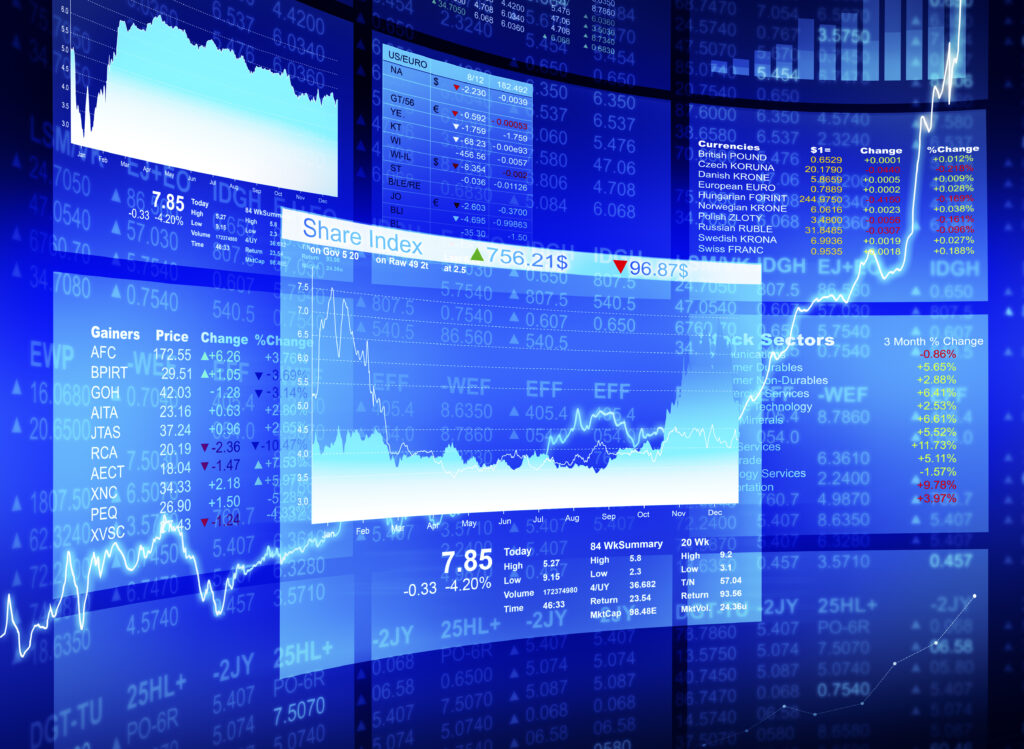
Microeconomics
Microeconomics is the branch of economics that studies the behavior of individuals, households, and businesses, examining how they make decisions regarding the allocation of limited resources. It delves into the choices people and organizations make when deciding what to buy, sell, produce, or consume. One of its core focuses is supply and demand, which determines prices and the quantity of goods and services exchanged in markets. By analyzing these dynamics, microeconomics helps explain how prices fluctuate based on consumer demand and supplier availability.
In addition to supply and demand, microeconomics also investigates consumer behavior, exploring how individuals make purchasing decisions, how they allocate their budgets, and how changes in prices or income affect their consumption patterns. Similarly, it looks at producer behavior, analyzing how businesses decide on production levels, pricing strategies, and resource allocation to maximize profits.
Another key area of microeconomics is market equilibrium, where the supply of goods matches the demand at a certain price point, ensuring that markets clear without surpluses or shortages. This equilibrium helps economists understand how markets function and adjust in response to shifts in factors like consumer preferences, technology, or external economic forces. By studying these elements, microeconomics provides valuable insights into how economies operate on a smaller scale, influencing everything from individual purchasing decisions to business strategies.
Macroeconomics
Macroeconomics focuses on the economy as a whole, analyzing large-scale economic factors that affect entire nations and regions. Unlike microeconomics, which examines individual markets and decision-making, macroeconomics looks at broader trends and aggregates, such as national income, inflation, and unemployment. By studying these factors, macroeconomics provides insights into the overall health and performance of an economy.
One of the key areas of macroeconomics is long-term economic growth, which looks at how economies expand over time through increased productivity, technological advancements, and capital accumulation. Economists study the factors that drive growth, such as investment in education, infrastructure, and innovation, and how these contribute to improving living standards.
Macroeconomics also analyzes business cycles, which refer to the fluctuations in economic activity over time, including periods of expansion, peak, recession, and recovery. Understanding these cycles helps policymakers predict economic trends and prepare for downturns or booms.
Additionally, macroeconomics examines the policies that governments use to influence economic stability and development. These include fiscal policies, such as government spending and taxation, and monetary policies, like controlling interest rates and money supply. By studying how these policies affect inflation, unemployment, and economic growth, macroeconomics provides the tools for shaping effective policy decisions that aim to stabilize and grow national economies.
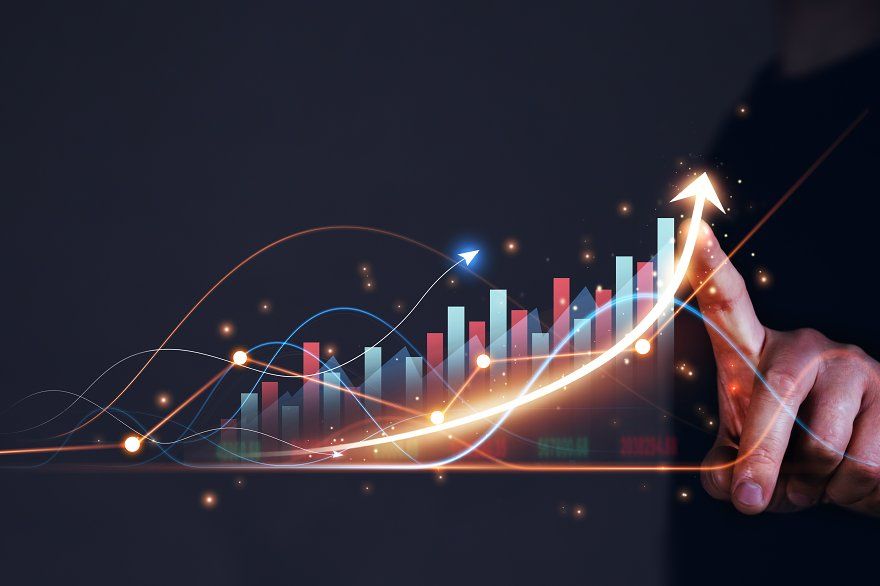
Key economic indicators
Economic indicators are essential for assessing the health of an economy:
- Gross domestic product (GDP): Represents the total value of all goods and services produced within a country, indicating economic health and growth.
- Retail sales: Reflects consumer spending and confidence, as higher retail sales often indicate a strong economy.
- Industrial production: Measures output in the industrial sector, which includes manufacturing and utilities, and serves as a gauge of economic strength.
- Employment data: Provides insights into the labor market, with high employment rates signaling a robust economy.
- Consumer price index (CPI): Tracks changes in the prices of consumer goods and services, serving as a measure of inflation and cost of living.
Different economic systems
Economics explores various systems of organizing and managing resources:
- Capitalism: An economic system where private individuals and businesses own production means, driven by principles like competition and profit motive.
- Socialism: Involves public ownership and regulation of resources, aiming for equitable wealth distribution and social welfare.
- Communism: A system where all property is communally owned, aiming for a classless society.
- Feudalism and primitivism: Feudalism involved land-based economies managed by nobles. While primitivism refers to early human societies based on hunting and gathering.
Major economic theories
Different theories offer various perspectives on economic dynamics:
- Neoclassical economics: Focuses on rational decision-making by individuals to maximize utility and emphasizes market equilibrium.
- Keynesian economics: Advocates for active government intervention to manage economic cycles and promote stability.
- Marxian economics: Critiques capitalist systems, highlighting issues of class conflict and advocating for communal ownership.
The role of government in the economy
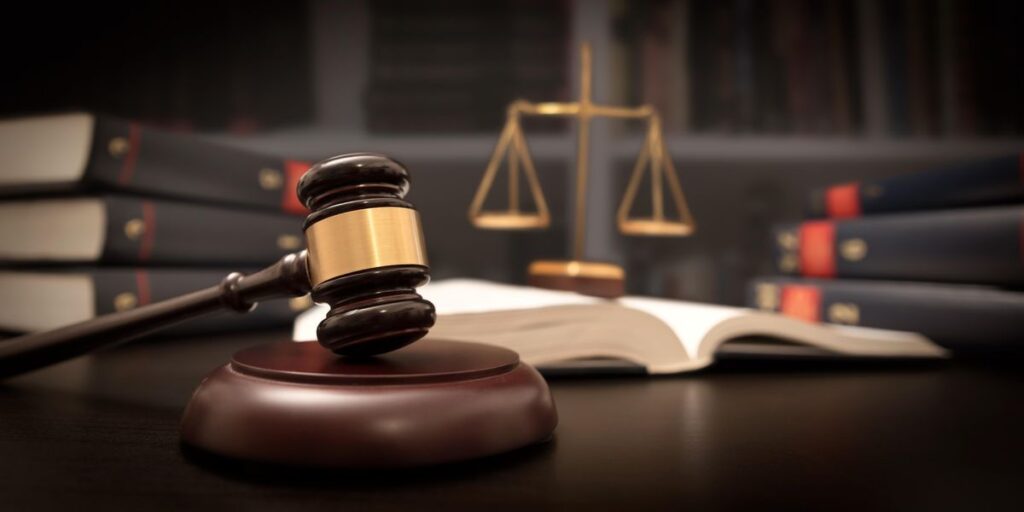
Governments play a significant role in regulating economies to maintain stability, ensure fair competition, and protect consumers. Through regulation and stabilization policies, governments can manage economic fluctuations. Using fiscal policy (adjusting spending and taxation) and monetary policy (controlling money supply and interest rates).
Economic policy goals
Key goals of economic policy include:
- Promoting sustainable growth
- Reducing unemployment
- Controlling inflation
International economics
International economics studies trade, finance, and investment among nations. This field is vital for understanding how global interactions affect economic performance and relations. It also influence international trade agreements, exchange rates, and economic stability.
Contemporary issues in economics
Today’s economic landscape faces various challenges, including:
- Climate change: Economists study the impacts of environmental policies and sustainable practices.
- Inequality: Research aims to address income and wealth disparities.
- Technological disruption: Automation and artificial intelligence reshape labor markets, necessitating new economic models.
Key takeaways
- Economics studies the allocation of limited resources and the resulting impacts on individuals, businesses, and societies.
- It examines various systems, policies, and indicators that shape economic health and influence global trade.
- A solid understanding of economics enables better decision-making, enhancing societal and personal well-being.
- Economics addresses contemporary challenges like sustainability, inequality, and technological advancements.
FAQs
What are the 4 E’s of economics?
The 4 E’s—Efficiency, Equity, Employment, and Economic Growth. Guide resource allocation, fairness in wealth distribution, job creation, and economic development.
What is the difference between economy and economics?
The economy is the system of production and distribution of goods and services in a specific area. While economics is the study of how these systems operate.
What are the 4 rules of economics?
Supply and demand, opportunity cost, marginal analysis, and incentives help explain economic decisions and market functioning.
What is an example of economics?
Analyzing a government’s budget allocation decisions, such as spending on healthcare versus education, exemplifies economics in action.
What is the most famous definition of economics?
Lionel Robbins famously defined economics as “the science which studies human behavior as a relationship between ends and scarce means which have alternative uses.”


